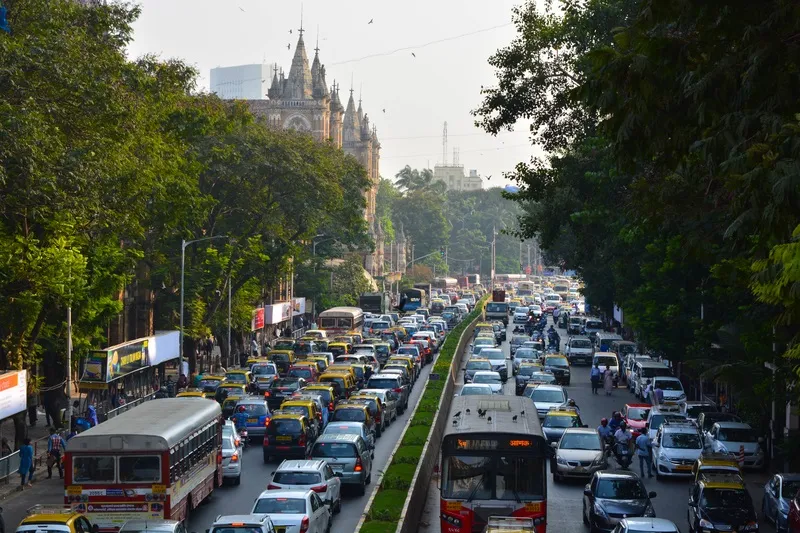Electric vehicles, public transport, emergency vehicles, taxis and two-wheelers are exempt - but the days on which people can drive other vehicles from 4-15 November will depend on their number plates, according to a BBC
Private cars ending in odd numbers will only be able to drive on odd days (e.g. 5 November, 7 November) while those ending in zero or even numbers can only use the roads on even dates (e.g. 4 November, 6 November).
The restrictions run from 8am-8pm, Monday-Saturday, with Sunday free for all. Vehicles which run on compressed natural gas are not exempt. Fines of 4,000 rupees ($56) will be levied on drivers who ignore the ban.
The system has been used before in Delhi, in 2016 and 2017, as levels of dangerous PM2.5 particles are well above recommended limits, the BBC says. But there are concerns that the car rationing scheme may not solve the problem – although it will reduce congestion.
Delhi Chief Minister Arvind Kejriwal said the city has been turned into a ‘gas chamber’.
Delhi was among the cities signing up to a pledge on clearn air earlier this year. Air quality is an issue that has come to prominence in the ITS industry, with transport technology seen as having the potential to provide some of the answers.
The








